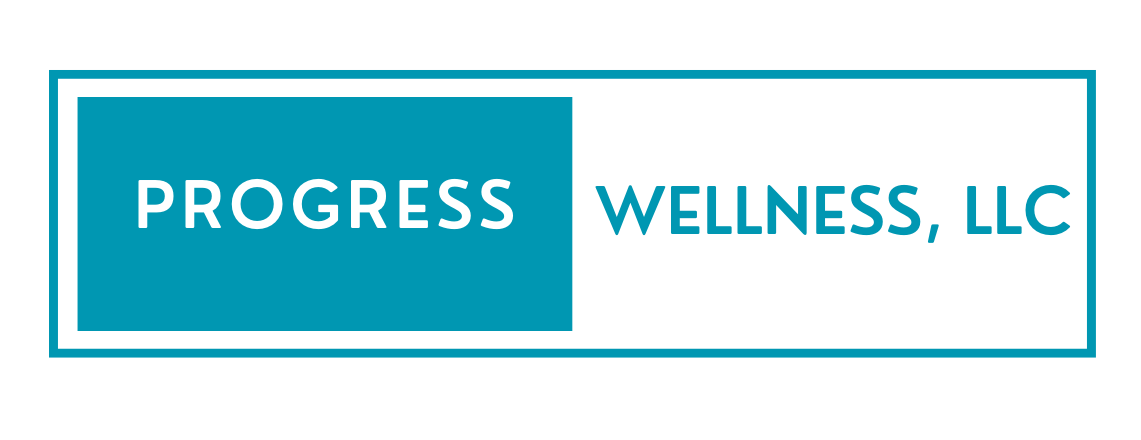I know many of you may feel overwhelmed right now, and that’s understandable. There is a lot happening in our country and our world, and 2020 continues to challenge us. But with every challenge, there is an opportunity for growth.
As we all continue to grapple with managing a pandemic, many are also opening their eyes to racial disparities in our society, moving to a new understanding of others’ lived experiences and hoping for the changes championed by the Black Lives Matter movement.
I have been hearing from a lot from people who say they want to be an active participant in changing our world but feel overwhelmed by feelings of anger, sadness, anxiety, and stress. While some people have jumped into fighting for causes actively by protesting or have started reading, listening, or finding other ways to move forward, it is also natural to not know what to do—especially when it feels like there is so much to do.
So if you’re feeling stuck, here is one skill I often recommend that can help decrease feelings of stress and funnel your sadness, anger, and anxiety into a positive outcome.
Contributing is the art of giving to others in the form of time, talent, or treasure. When we give, it awakens a sense of meaning and purpose in our lives.
Contributing does not have to be a grand gesture. Of course, you can donate your time or money to a cause or charity you believe in. But contributing is also about making personal connections with others. When we do that, not only do we positively affect someone else, our own mood improves as well.
Giving to others can also create a sense of hopefulness and belonging within ourselves. These are all good things!
If you’re looking for ideas of how you can contribute in ways big or small, here are some examples:
Call or FaceTime someone just to say hello. Hearing a friendly voice can go a long way for someone (and for you)!
Check on a friend or neighbor.
Help someone with a grocery run or other chore (mow their lawn, water their plants, etc.).
Buy items from local businesses that need support.
Say hello to others who walk past you on the street to show solidarity.
Read articles and books on topics that are important to you to help you become a better ally.
Sign a petition to make your voice heard.
Donate time to a charity or cause you believe in.
Donate money to a charity or cause you believe in.
Go to a protest if you feel comfortable doing so.
This list showcases a wide range of options for contributing—and of course, there are many I am leaving out. But if you are feeling at a loss for what to do or where to start, making contributions is a great skill that can help shift your mindset and find your way forward. It may seem simple, but it goes a long way—both for you and for others.

